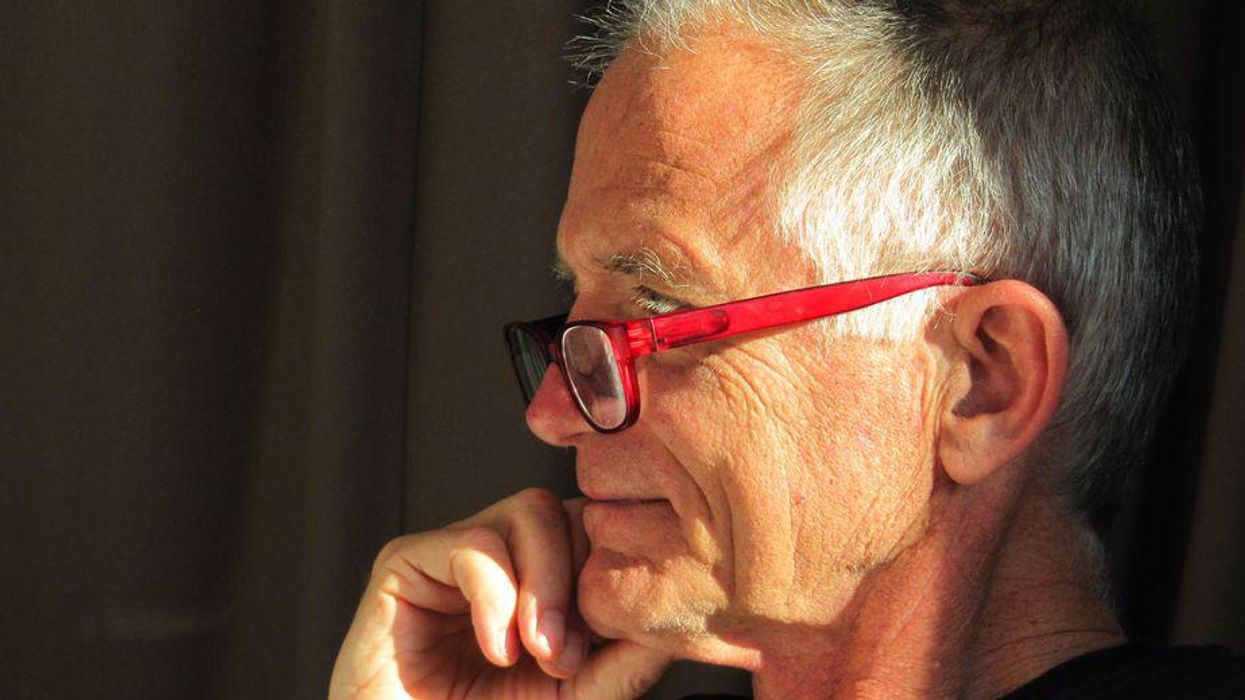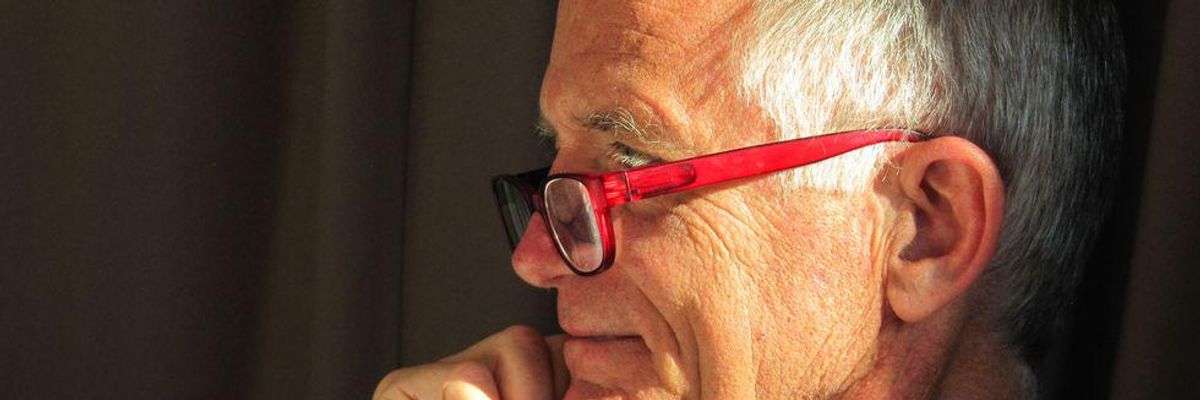Pete Myers, the founder and chief scientist of Environmental Health Sciences, visits Living on Earth to discuss a new study that found DEHP, a phthalate chemical used in plastic hospital intravenous bags and medical tubing, may interfere with breast cancer treatment.
"We've got to systematically rethink, which of those plastics are important? How can we redesign the ones that are important so that they don't cause endocrine disrupting problems?" Myers said. "And thirdly, we have to think about having the FDA [Food and Drug Administration] reform the way that it regulates endocrine disrupting compounds throughout society. It's not doing its job."
Listen to the interview below or visit Living on Earth.
From Your Site Articles
- Promising growth: DEHP exposure research ›
- Insecticide linked to increased breast cancer risk - EHN ›
- Plastic additive increases breast cancer relapse risk - EHN ›
- Get phthalates, parabens out of the bathroom drawer to reduce breast cancer risk - EHN ›
Related Articles Around the Web
















